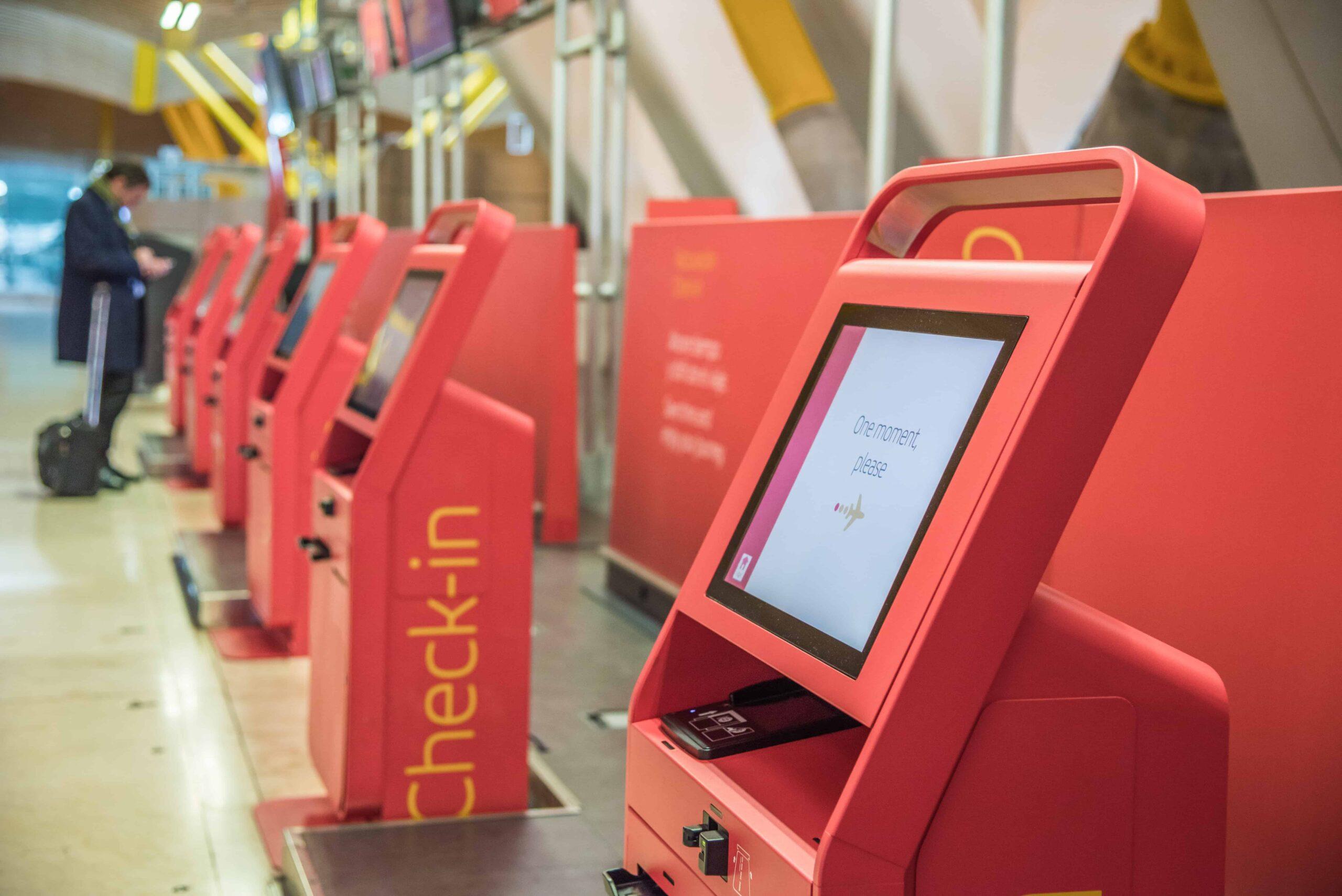
The Rise of Self-Service Kiosks: A Revolution in Customer Experience
- Digitos DM
- November 3, 2023
- 6 months ago
In an era where technology continually reshapes our daily lives, self-service kiosks have emerged as a powerful tool that is transforming the way businesses interact with customers. From fast food restaurants to airports, from retail stores to banks, self-service kiosks are becoming increasingly prevalent, enhancing customer experience, reducing operational costs, and offering a seamless and efficient way for consumers to access services. This article explores the world of self-service kiosks, their benefits, and the key industries where they are making a significant impact.
What Are Self-Service Kiosks?
Self-service kiosks are interactive machines that allow customers to perform various tasks or transactions independently without the need for human assistance. These kiosks can come in different forms, including touchscreen interfaces, digital displays, and even voice-activated systems. They provide an intuitive and user-friendly way for individuals to access information, make purchases, check-in for flights, order food, and much more.
Benefits of Self-Service Kiosks
- Enhanced Customer Experience: Self-service kiosks empower customers with the ability to complete tasks quickly and efficiently. Whether it’s checking out at a retail store, ordering at a restaurant, or accessing information at an airport, the convenience and speed offered by kiosks enhance overall satisfaction.
- Reduced Waiting Times: Long queues and wait times can be frustrating for customers. Self-service kiosks minimize these delays, making it possible for customers to complete their transactions swiftly.
- 24/7 Accessibility: Self-service kiosks are available round the clock, allowing customers to access services or information at their convenience, even outside regular business hours.
- Operational Efficiency: Businesses benefit from reduced labor costs as self-service kiosks take over certain tasks, allowing employees to focus on more complex customer interactions.
- Data Collection and Analysis: Kiosks can collect valuable data on customer preferences and behaviors, enabling businesses to tailor their services and marketing strategies more effectively.
Key Industries Using Self-Service Kiosks
- Retail: In the retail sector, self-service kiosks have become integral for self-checkout, price checking, and product information lookup. Customers can scan items, pay, and be on their way in a matter of minutes.
- Hospitality: Restaurants, hotels, and fast-food chains have adopted self-service kiosks for ordering and payment, providing a convenient alternative to traditional cashiers.
- Travel and Transportation: Airlines and airports use kiosks for self-check-in, baggage tagging, and flight information. Train stations and public transportation systems also employ kiosks for ticketing and schedule inquiries.
- Healthcare: Hospitals and medical facilities use self-service kiosks for patient check-ins, appointment scheduling, and accessing health records.
- Banking: Many banks have integrated self-service kiosks for tasks like depositing checks, transferring funds, and updating account information.
Optimizing Self-Service Kiosks for Your Business
To harness the benefits of self-service kiosks effectively, businesses should consider the following tips:
- User-Friendly Design: Ensure that the kiosk interface is intuitive and easy to navigate for users of all ages and tech-savviness levels.
- Regular Maintenance: Keep kiosks well-maintained to prevent technical glitches and downtime.
- Data Security: Implement robust security measures to protect customer data and transactions.
- Customization: Tailor the kiosk experience to your specific industry and customer needs.
Final Words
Self-service kiosks are more than just a technological novelty. They represent a fundamental shift in the way businesses interact with customers, offering convenience, efficiency, and improved customer experiences. The keyword “Self-Service Kiosks” is at the heart of this transformative trend, but remember that the success of your content on Google’s first page also depends on high-quality writing, authoritative sources, and the overall value your article brings to readers. So, focus on delivering valuable insights, and your article will have a better chance of achieving that coveted first-page ranking.


